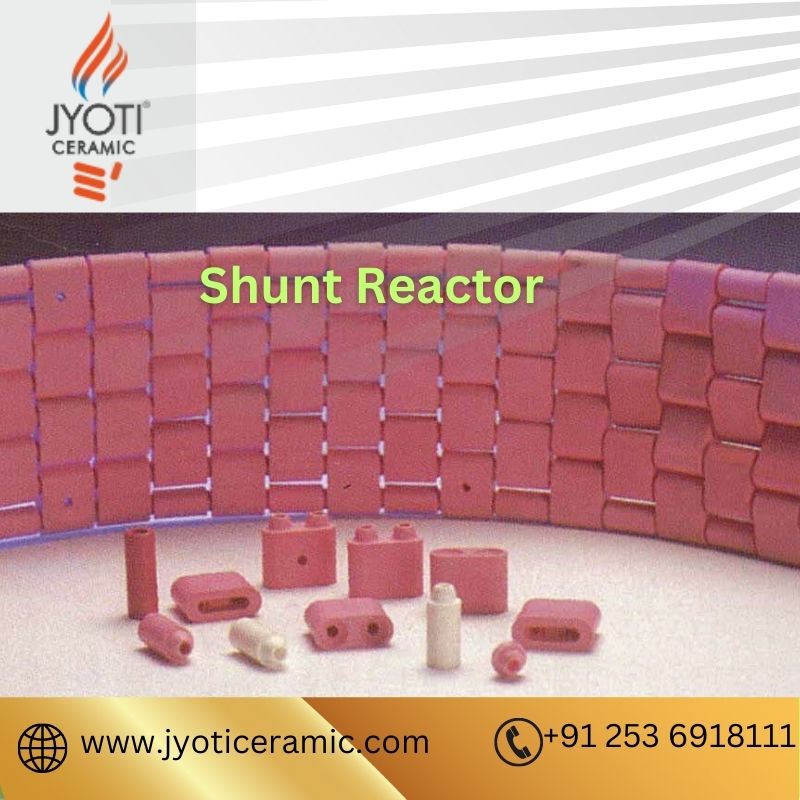A Shunt Reactor is an electrical device used to compensate for the capacitive reactive power generated by long transmission lines, underground cables, and heavily loaded electrical systems. Its purpose is to stabilize the voltage, reduce electrical losses, and improve power factor.
The Shunt Reactor is essentially an inductive device that is connected in parallel with the transmission line or the electrical system. It is designed to provide a leading power factor that counteracts the capacitive reactive power generated by the line or system.
The Shunt Reactor consists of a core made of laminated magnetic steel and a coil made of insulated copper wire. The coil is wound around the core, and the ends of the coil are connected to a terminal block. The terminal block is then connected to the electrical system.
When a voltage is applied to the shunt reactor, a magnetic field is generated in the core, which in turn induces a current in the coil. The current produces an electromagnetic field that opposes the capacitive reactive power generated by the line or system. The result is a leading power factor that improves the stability of the voltage and reduces electrical losses.
One of the main benefits of using a Shunt Reactor is that it can prevent voltage instability caused by reactive power fluctuations. Reactive power can cause voltage to drop, leading to power outages, equipment failure, and other electrical problems. By using a shunt reactor, the reactive power is compensated, and the voltage remains stable, ensuring uninterrupted power supply.
Shunt Reactor are also essential for improving the efficiency of electrical systems. Capacitive reactive power generated by long transmission lines and underground cables can cause electrical losses and increase operating costs. By using shunt reactors, the capacitive reactive power is counteracted, reducing electrical losses, and improving the overall efficiency of the system.
Another advantage of using Shunt Reactor is that they can improve power quality. Power quality refers to the degree of variation in voltage and frequency that occurs in an electrical system. High-quality power is stable, with minimal voltage and frequency fluctuations. Shunt reactors can help improve power quality by stabilizing the voltage and reducing voltage and frequency variations.
Shunt Reactor are also useful in reducing electromagnetic interference (EMI) and radio frequency interference (RFI). EMI and RFI can cause electrical noise and interference in electronic devices and equipment, leading to malfunctions and other problems. By reducing reactive power fluctuations, shunt reactors can minimize EMI and RFI, ensuring the smooth operation of electronic devices and equipment.
In conclusion,
Shunt Reactor are essential components of electrical systems used to stabilize the voltage, reduce electrical losses, and improve power factor. By compensating for capacitive reactive power, Shunt Reactor can improve the efficiency, reliability, and quality of power in electrical systems. With the increasing demand for reliable and efficient power, the importance of shunt reactors in modern electrical systems cannot be overstated.
Url:- https://www.jyoticeramic.com/jyalox-95p.php
Contact:- +91 253 6918111


No comments yet